Gendered Frames, Embodied Cameras
Gendered Frames, Embodied Cameras
Varda, Akerman, Cabrera, Calle,
and Mawenn
Cybelle H. McFadden

FAIRLEIGH DICKINSON UNIVERSITY PRESS
Madison Teaneck
Published by Fairleigh Dickinson University Press
Copublished with Rowman & Littlefield
4501 Forbes Boulevard, Suite 200, Lanham, Maryland 20706
www.rowman.com
10 Thornbury Road, Plymouth PL6 7PP, United Kingdom
Original French extracts & English subtitles from Demain et encore demain
Extracts from Entretien avec Dominique Cabrera, La faute Rousseau 22
Extracts from Calle, Mas-tu vue
Copyright 2014 by Cybelle H. McFadden
All rights reserved. No part of this book may be reproduced in any form or by any electronic or mechanical means, including information storage and retrieval systems, without written permission from the publisher, except by a reviewer who may quote passages in a review.
British Library Cataloguing in Publication Information Available
Library of Congress Cataloging-in-Publication Data
McFadden, Cybelle H., 1975
Gendered frames, embodied cameras : Varda, Akerman, Cabrera, Calle, and Mawenn / Cybelle H. McFadden.
pages cm
Includes bibliographical references and index.
ISBN 978-1-61147-632-3 (cloth : alk. paper) -- ISBN 978-1-61147-633-0 (electronic)
1. Varda, Agns, 1928---Criticism and interpretation. 2. Akerman, Chantal--Criticism and interpretation. 3. Cabrera, Dominique, 1957---Criticism and interpretation. 4. Calle, Sophie--Criticism and interpretation. 5. Le Besco, Mawenn, 1976---Criticism and interpretation. 6. Human body in motion pictures. 7. Sex role in motion pictures. 8. Motion pictures--France. I. Title.
PN1998.3.V368M34 2014
791.4302'330925--dc23
2014012984
 TM The paper used in this publication meets the minimum requirements of American National Standard for Information Sciences Permanence of Paper for Printed Library Materials, ANSI/NISO Z39.48-1992.
TM The paper used in this publication meets the minimum requirements of American National Standard for Information Sciences Permanence of Paper for Printed Library Materials, ANSI/NISO Z39.48-1992.
Printed in the United States of America
For my family
In memory of TT (19792001)
Acknowledgments
The research for this project was generously supported by several sources. I received funding from the Fulbright Association to research Chantal Akermans films in Brussels (19971998). I would like to thank Jacqueline Aubenas for her guidance, Dominique Nasta and Muriel Andrin at the Universit Libre de Bruxelles, and the staff at lAtelier jeunes cinastes in Brussels. A year in Paris as a pensionnaire trangre at cole Normale Suprieure provided the time and resources for further research on this project. The book project was also supported by travel and research grants from Duke Universitys Graduate School and Department of Romance Studies and the University of North Carolina at Greensboros College of Arts and Sciences, as well as a faculty grant from UNCGs Office of Research and Economic Development. A Womens Studies Dissertation Fellowship from Dukes Program in Womens Studies furthered my completion of an early draft of the manuscript. A junior faculty research assignment from UNCG allowed me to work on a later draft.
I would like to thank my mentors who helped me formulate the theoretical questions explored in this book while I was at Duke: Toril Moi, David F. Bell, Jane Gaines, and Alice Kaplan. Kristine Stiles encouraged me to rethink my approach to Sophie Calles work. I am especially grateful to Toril Moi for her excellent mentoring, intellectual rigor, and support throughout my professional career. My intellectual lineage can be traced back to her, and I would not be the feminist scholar I am today without her. I am also indebted to Jane Gainess knowledge of feminist film theory and womens cinema. David F. Bells and Alice Kaplans expertise in French studies has been invaluable. I am very grateful for their intellectual and professional training, and I appreciate their feedback, time, dedication, and support even more now that I am a faculty member myself. Robyn Wiegman and Tina Campt in the Program in Womens Studies at Duke also helped me consider my work through an interdisciplinary feminist lens. The Simone de Beauvoir Today symposium in September 2011 and the annual Feminist Theory Workshop at Duke reminded me of the ongoing conversations in feminist theory that continue to shape me intellectually. Maryse Fauvel at the College of William & Mary also continues to be a wonderful source of inspiration. I also want to thank Colleen Kennedy and Beatrice Guenther, who codirected my undergraduate thesis at William & Mary as I researched and wrote about Agns Varda and Chantal Akerman for the first time. I honor the memory of Eloise Craft, who initially inspired my love for French language and culture.
I would like to thank the outstanding staff at a number of libraries and organizations who made this research possible, especially those who assisted me at Women Make Movies, UNCGs Jackson library and Dukes libraries, the Bibliothque nationale, the Bibliothque Marguerite Durand, the Bibliothque du film, and the Centre national du cinema et de limage anime in Paris. Many thanks to Sandrine Teixidor Rogers for making the time spent researching materials at the Bibliothque nationale in 2001 and 2002 productive and enjoyable. I am also grateful for our collaborative efforts that began at Duke and for our friendship. Jennifer Boittin and Priya Wadhera also made my research year in Paris memorable. Iris Maluski Damian generously shared her Parisian apartment with me during subsequent visits and accompanied me to the screening of Chantal Akermans DEst when it was released in 35mm in 2003. My cinphile French friends, Franck Terroni and Juliette Jacquart, have also been an important part of this project. Franck listened to my earliest commentaries of Akermans films in Brussels and agreed to be in my video Qui ose regarder? Franck introduced me to Juliette in Paris, and thanks to her hospitality and conversations, I was able to spend time in Paris to complete the final research for this book and rethink the stakes of this project. Merci tous!
I would like to thank my graduate student research assistants Emma Howell and Monica Scovell for their assistance. My students in my seminars, Entering into the Text and Video and The Body, Gender, Race, and Representation, aided me in articulating the problems investigated in this book. I especially appreciate Gloria Amerson and Brant Miller for their continued conversations about my work.
I have benefited enormously from my colleagues at UNCG and in the profession who have pushed my growth as a scholar. Thanks in particular to UNCGs MERGE workshop participants, Liz Bucar, Greg Grieve, Jennifer Feather, Elizabeth Perrill, and Mark Rifkin, who provided feedback on an early draft of my project description. My colleague Paul Silvias book, How to Write a Lot, gave me a framework to solidify my own writing practice as I revised this book. Liz Bucars and Sarah Petersons physical presence across the writing table provided motivation for manuscript revisions and made summers in Greensboro pleasant. Risa Applegarth and Claudia Cabello Hutt have kept me on task. Their enthusiasm, humor, and support helped me tremendously during the final stages of this book. Many thanks to you all! I would like to thank all readers of my manuscript at various stages whose feedback helped me think through this project and improve the text. I am especially grateful for Lesley S. Curtiss excellent detailed feedback on a later draft of the manuscript. I am very appreciative of Ruth Hottells comments and suggestions to strengthen my scholarship for the final version.
Next page
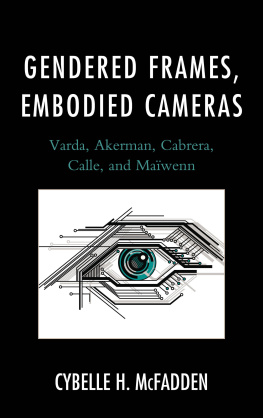


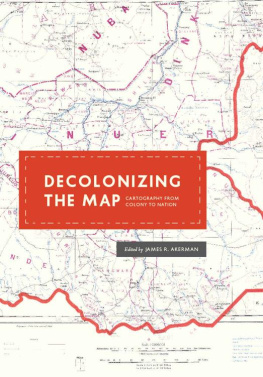
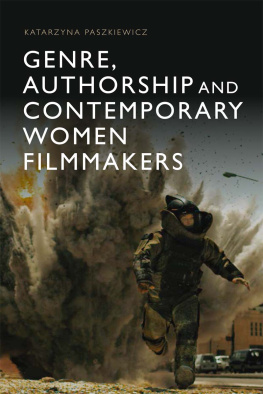
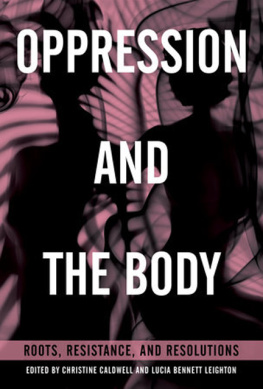

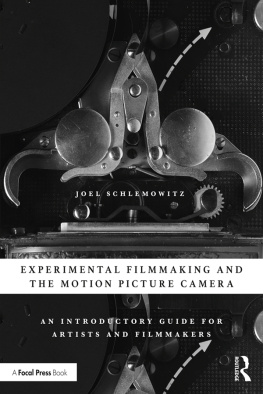
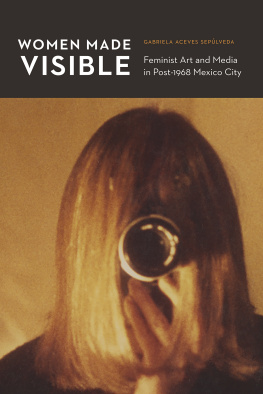
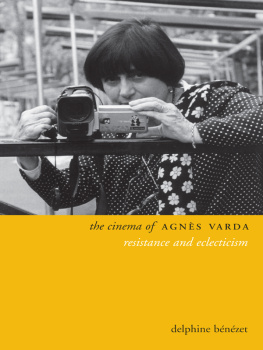
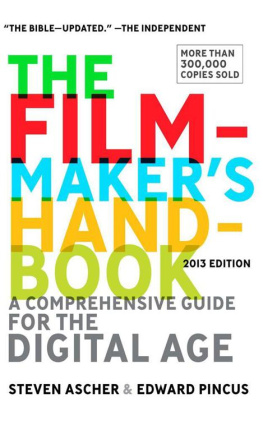

 TM The paper used in this publication meets the minimum requirements of American National Standard for Information Sciences Permanence of Paper for Printed Library Materials, ANSI/NISO Z39.48-1992.
TM The paper used in this publication meets the minimum requirements of American National Standard for Information Sciences Permanence of Paper for Printed Library Materials, ANSI/NISO Z39.48-1992.